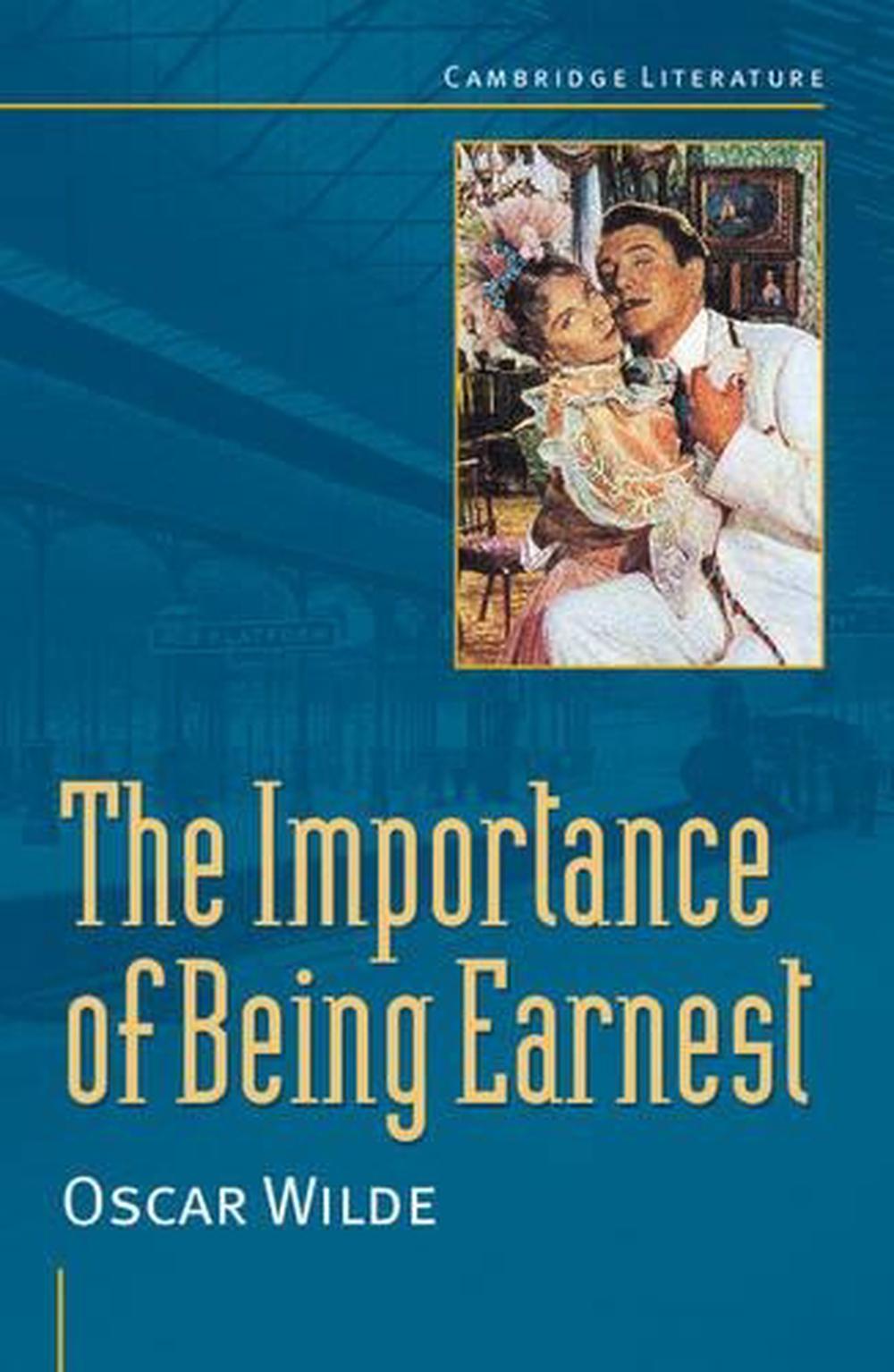
Significantly, the example the dictionary gives of 'style's use in this manner is from a nineteenth century art scholar, Fuseli. Earnest's witty, light-hearted criticisms of social convention are certainly insincere in style, and Wilde's usage of the term is perhaps best illustrated by one more definition from the OED: 'beauty or loftiness of style'. When considering Wilde's individual style, and the collective manner of expression of the Aesthetic school to which he belongs, the incompatibility of the two terms for him becomes a little clearer.

Surely, then, sincerity is a manner of expression? Another definition is 'the manner of expression characteristic of a particular writer, or of a literary group or period a writer's mode of expression considered in regard to clearness, effectiveness, beauty and the like.' Can sincerity not be achieved through style? One definition for the word 'style' in the OED states that, 'in generalised sense', style consists of 'those features of literary composition which belong to the form and expression rather than to the substance of the thought or matter expressed'. Wilde assumes, in writing that 'style, not sincerity is the vital thing' 'in matters of grave importance', that style and sincerity are in some way opposed. Their very different treatments of the subject lead us to question the validity of Wilde's epithet.ĭoes it imply that Daisy, the perhaps more 'sincere' of the two texts, is less effective than Earnest? Is Earnest insincere and Daisy lacking in style? A study of the works and the philosophies of writing behind them is perhaps necessary.



Wilde says: 'in matters of grave importance, style, not sincerity is the vital thing.' Society is the 'matter of grave importance' at hand in Earnest and Daisy, and critics seem to agree that Wilde and James both succeed in their works' respective criticism of it.


 0 kommentar(er)
0 kommentar(er)
